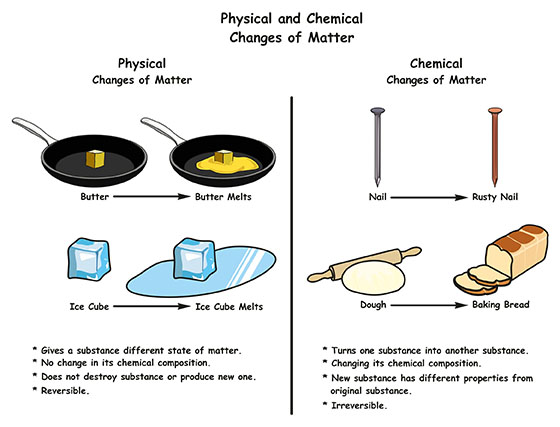
reverse
Definition
The reverse is the opposite of forward. In physics, reverse refers to the change of direction of an object's motion. For example, when you throw a ball forward, it will eventually reverse its direction and come back to you.
The reverse can also refer to the change of direction of an electric current. When you reverse the polarity of a battery, the current will flow in the opposite direction.
How can the word be used?
The opposite of hot is cold.

Different forms of the word
Noun:
- the opposite of something.
- a change in direction.
Verb:
- to change something to its opposite.
- to change the direction of something.
Etymology
The word "reverse" comes from the Latin word "revertere", which means "to turn back".
The first recorded use of the word "reverse" in English was in the 13th century.
Question
What actions can be reversed?
AQA Science Exam Question and Answer
Question:
Explain the concept of reverse osmosis and its application in water purification. Describe the process of reverse osmosis and how it removes impurities from water.
Answer:
Reverse osmosis is a water purification technique that uses a semipermeable membrane to remove impurities and particles from water. It is particularly effective in producing high-quality drinking water and treating various types of water sources.
During reverse osmosis, water is forced through a semipermeable membrane under pressure. The membrane has very small pores that allow water molecules to pass through while blocking larger molecules and contaminants such as minerals, salts, bacteria, and pollutants. The pressure applied forces water to move from an area of high solute concentration (the impure water) to an area of low solute concentration (the purified side), effectively separating clean water from impurities.
This process is used in various applications, such as the desalination of seawater to produce freshwater and purifying brackish groundwater. It's also employed for producing bottled water and treating wastewater for safe disposal or reuse.
Reverse osmosis offers a highly efficient way to produce clean drinking water and remove contaminants that can affect taste, odour, and health. Its versatility in treating different types of water sources makes it an essential technology for addressing water scarcity and ensuring safe water supply in various settings.